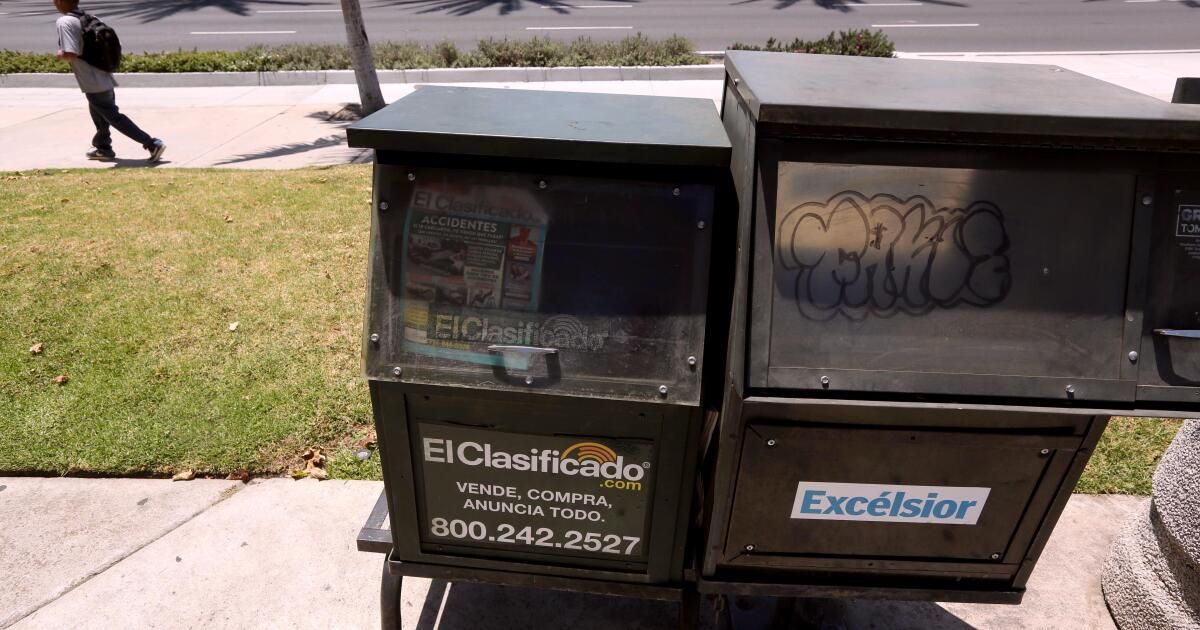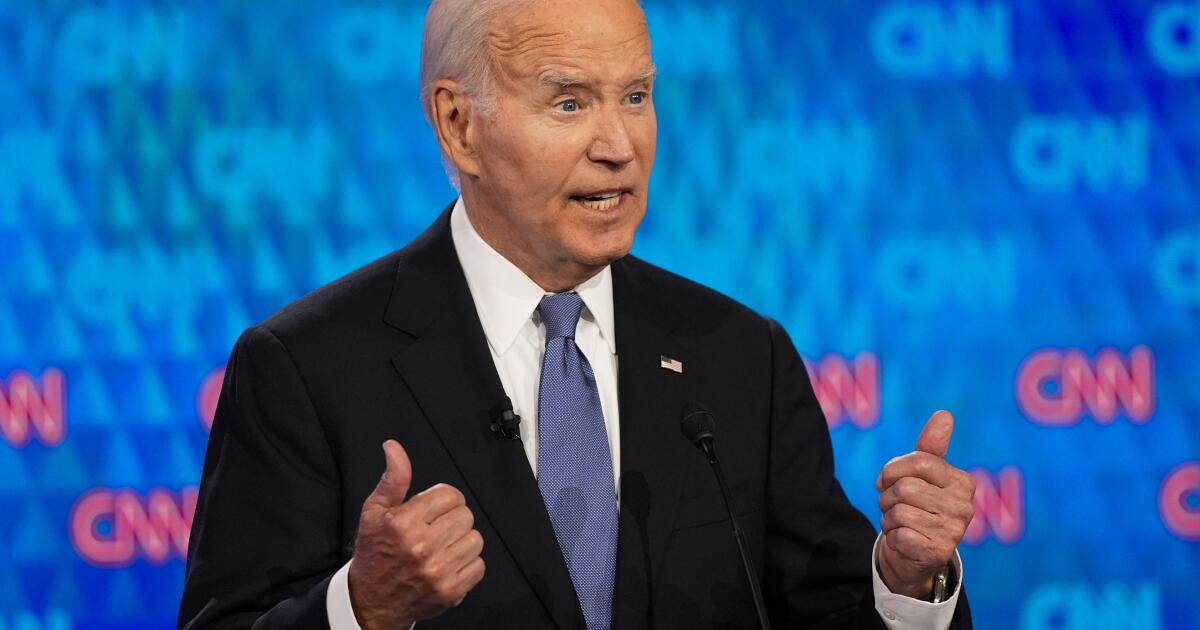The upcoming election is a stark reminder of what California communities lose when local media outlets shrink or close. There is sure to be a lot of news about the presidential race and which party will control the U.S. House and Senate.
But what about candidates for local school boards? Or city councils and community college districts? Local elections are important because the decisions these bodies make directly affect the lives of residents, whether it's about fees, taxes, services or spending priorities.
Yet many places in California have become news deserts, with little to no independent coverage of what’s happening in local politics, business, arts and entertainment. That makes it harder for residents to find reliable information about how their elected leaders spend tax dollars, make land-use decisions and plan for the future of their community — and harder for them to make informed decisions when they vote in local elections.
This is not just a crisis for news organizations, but a threat to the health of communities and democratic institutions. It should come as no surprise that researchers have found that fewer candidates are running for local office and voter turnout declines when news outlets close or reduce the number of journalists covering community issues.
The Times recently published a series examining how economic forces and new technologies have dramatically reduced local news coverage in California and how that affects the public.
In Richmond, this means that the main source of local information has become a news website funded by the largest employer, Chevron, which operates a refinery in the city. This means that local Spanish-language newspapers and magazines, once plentiful in Orange County and other cities in the state, have all but disappeared.
And while there have been online startups, public media outlets and news organizations backed by philanthropic and university institutions doing important local reporting, those outlets have also struggled in an information ecosystem controlled by major technology platforms.
Now lawmakers in Sacramento are trying to help save local news. Among the most promising proposals is the California Journalism Preservation Act, or Assembly Bill 886, which would require large social media companies and internet search engines, such as Google, to share advertising revenue with the journalists and news organizations that produce much of the content on their platforms.
The bill by Assemblywoman Buffy Wicks (D-Oakland) was inspired by similar laws passed in Australia and Canada to address shrinking newspaper operations. It is supported by the California News Publishers Association and the News/Media Alliance, of which The Times is a member, because it addresses a basic injustice.
Google, Meta and other platforms profit from filling their search engines and social media channels with data and news snippets without paying for the content. Not only are they ripping off the media outlets whose journalists, editors and photographers produce that news, they are also siphoning off advertising and collecting revenue from the stolen articles. That’s one of the main reasons so many newspapers, magazines and other news operations have been forced to lay off staff or close down in recent years.
It’s no surprise that Google, Meta and tech industry groups oppose the bill. They say requiring platforms to pay for connecting users to content undermines a core principle of the open internet. Yes, revenue sharing would be a major change for tech platforms, but the current model is slowly strangling content producers, reducing the availability of trusted independent news that is necessary for an informed citizenry and, ultimately, a functioning democracy.
To their credit, state lawmakers recognize what’s at stake and there has been strong bipartisan support for AB 886, even amid intense lobbying, heavy-handed tactics to exclude California news organizations from search results, and a misleading advertising campaign funded by tech giants. Lawmakers are also considering a bill that would tax big tech platforms and use the revenue to give news outlets tax credits for employing full-time journalists.
In the coming weeks, there is hope that lawmakers, tech leaders and news publishers can come to some sort of agreement that would ensure continued funding for local news operations. Taking on some of the world’s most powerful corporations isn’t easy, but lawmakers and Gov. Gavin Newsom have a chance to craft a policy that could help save local news and become a model for democracies around the world.











